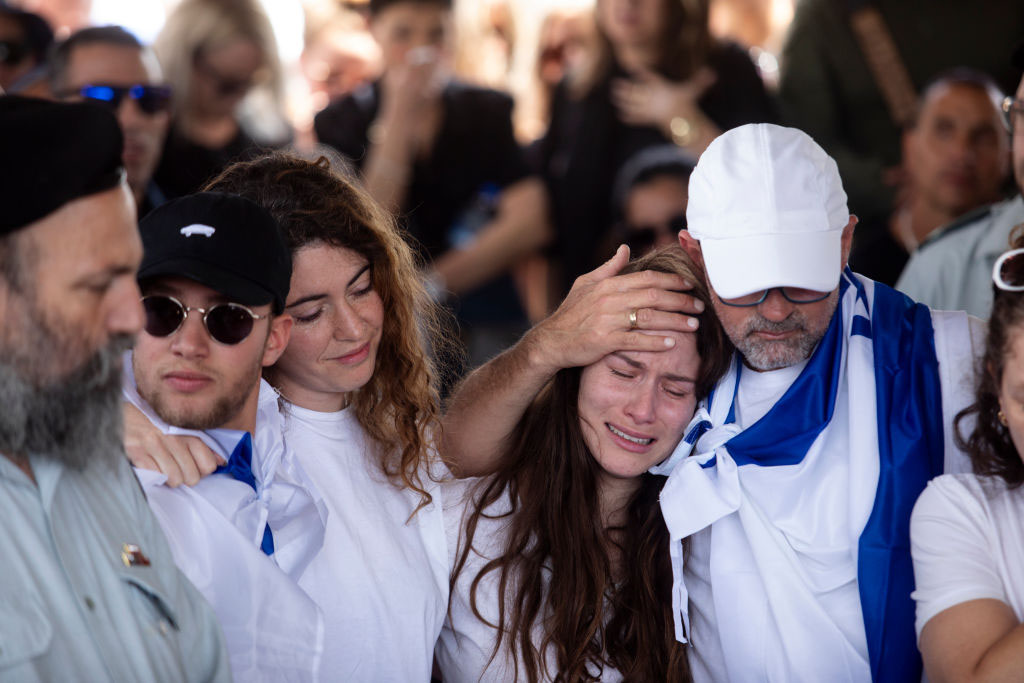
Yesterday, about 25 miles from where I’m staying in the northern Israeli city of Tzfat, a couple was killed when a rocket fired from Hezbollah in Lebanon struck their car. The couple, Noa and Nir Baranes, both aged 46, are from Kibbutz Ortal and are survived by three children.
When the driver who took us to Tzfat from Tel Aviv a few days ago mentioned that he was apprehensive about driving in the north “because of the bombs,” I didn’t realize how literally he meant it.
In Israel, fear is, above all, literal.
This is not to downplay the many other fears that dot our lives, from the fear of failure to the fear of loneliness to the fear of losing one’s livelihood. One of the greatest human fears, a rabbi once told me, is the fear that our lives have no meaning.
So yes, our lives are filled with genuine fears.
It’s just that in Israel, the fear that seems to stand out above the others is the fear that your body will be dismembered; the fear that some kind of rocket or terror attack may eventually reach your body, or your car, and tear it apart.
Whether you go about your life joyfully or somberly, this threat of physical danger always seems to hover in Israel, as if part of the thick summer air.
The on-the-hour news reports that provide their own soundtrack to an anxious nation keep this threat of danger always in play, especially on days when you hear about a couple getting hit by a rocket.
Of course, this threat of physical danger has dominated Israeli life since its birth. After all, what are the never-ending wars, terror attacks and rockets all about, if not the fear of bodily harm?
It’s one thing to be afraid of getting punched in the face in high school; it’s another to know you have 15 seconds to get to a bomb shelter from your high school prom.
Given that I’m just visiting, it’s difficult to describe my own relationship with this primal fear. In my case, it’s obviously temporary. I will soon be back to my Los Angeles neighborhood of Pico-Robertson where I will return to the familiar U.S. scenes of Jew-hating bullies on college campuses and city streets.
But what to make of this unique Israeli condition when fear is so connected to violence, and yet the country never stops moving forward?
How does one explain that despite these violent threats, Israel still ranks among the most successful of nations both economically and culturally?
How does one explain that even during wartime, Israel still ranks above the great majority of countries on the happiness scale?
Is it possible that this level of happiness is directly connected to the level of danger?
What if the awareness that an attack may hit you at any time connects to an extra hunger for life?
What if the very fragility of life in a war-torn nation makes you embrace the value of each minute?
In Israel, it seems as if happiness and a lust for life are the flip side of danger.
It’s true that because of the danger, many Americans and tourists are staying away from Israel at the moment. I get it. But being here during this anxious time, I also feel this weird sense of connection.
Maybe the sharing of a risk Israelis are so used to feeling, even for a short time, is my small way of saying “I’m with you.”
Oddly, this pervasive threat of physical danger that hangs in the thick summer air seems to have obliterated that spiritual fear I mentioned– the fear that our life has no meaning.
When you know that a bomb can land on your car at any time, maybe your life has more meaning than you can handle.







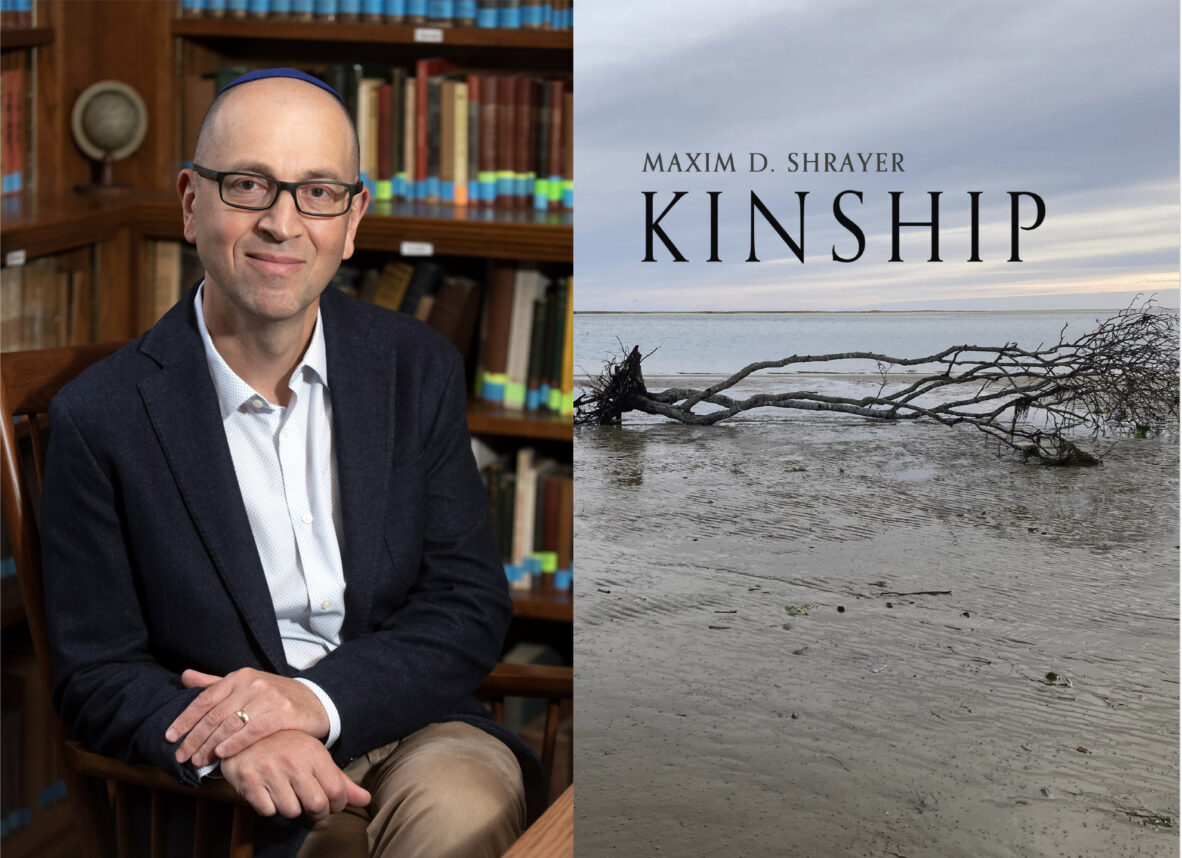




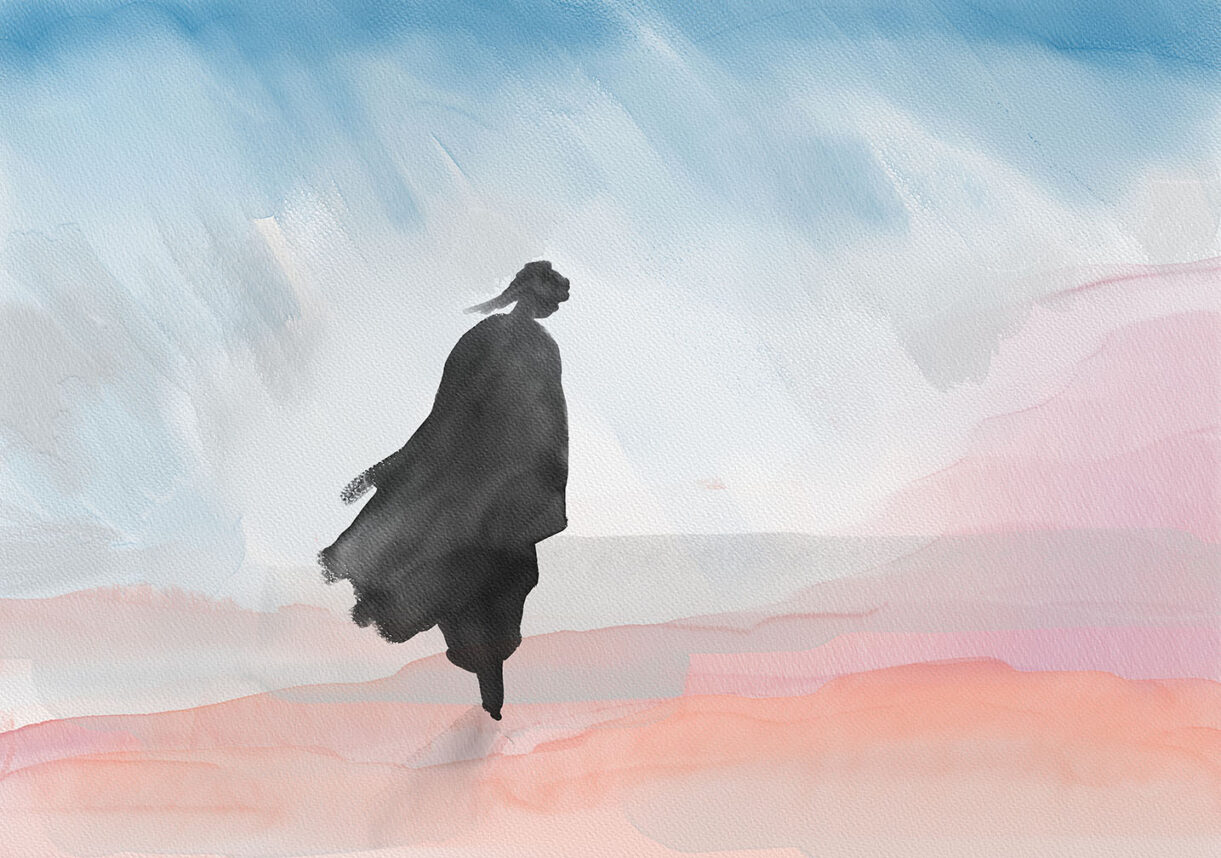


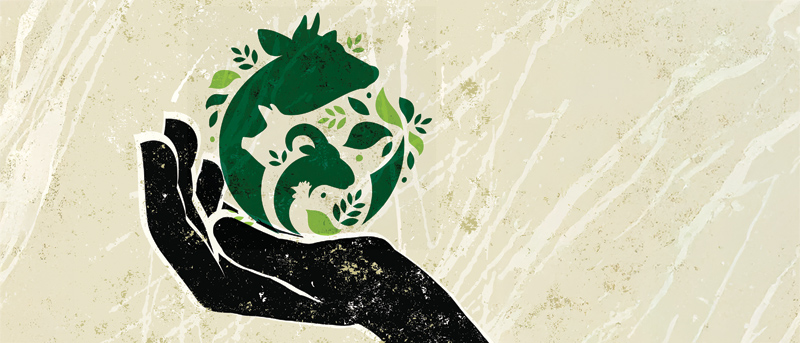
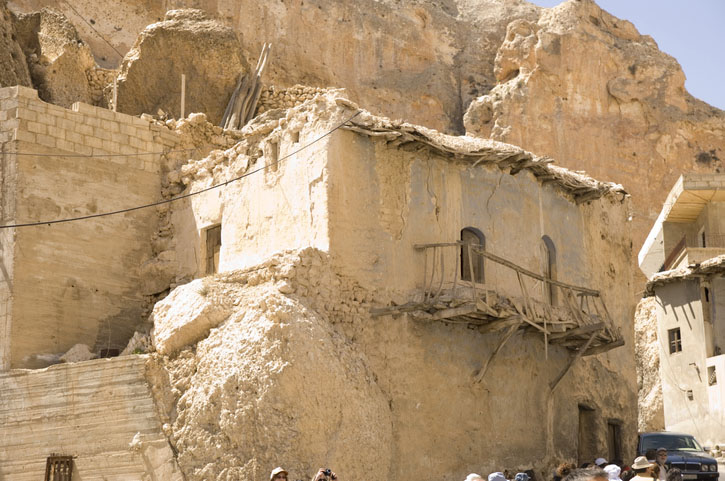







 More news and opinions than at a Shabbat dinner, right in your inbox.
More news and opinions than at a Shabbat dinner, right in your inbox.